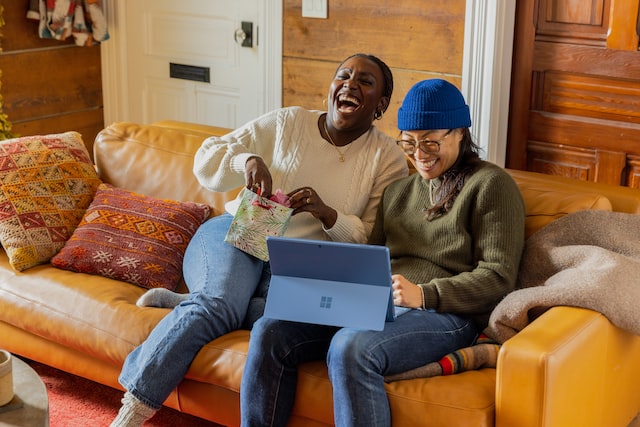The Power of Validation
In my book, Platonic: How the Science of Attachment Can Help You Make—and Keep—Friends, I spend an entire chapter reviewing the importance of friendship. The longest-running study on happiness, for example, found that connection is the most significant predictor of our happiness and longevity.
But other research finds that the benefits of connection depend on not the presence of a relationship but on the quality of it. Our memory declines earlier when we can’t count on the close people in our life. Research on ambivalent friends (the ones we have mixed feelings about) finds that discussing something bad with them increases our heart rate, and so does simply having them. Another study found that the more ambivalent friends women had, the shorter their telomeres: an indicator of the body’s premature aging.
These studies suggest that it’s not just any old friend we should welcome into our lives. It’s the right kind of friend. What should we look for to find them?
One key factor is: They’re validating.
What is validation?
According to renowned psychologist Marsha Linehan, validation means communicating to someone that “her [or his] responses make sense and are understandable within her [or his] current life context or situation.” Linehan argues that what makes us emotionally dysregulated adults is experiencing little validation as a child.
Some people may be reluctant to validate someone they think is wrong. But according to Linehan’s definition, validation isn’t agreeing. It’s legitimizing. It’s signaling: it is OK that you feel that way, given all you’ve been through—not that what they’re saying is right.
The Power of Validation
In parallel to findings related to ambivalent ties, invalidating ties hurt us physically and mentally. In one study, people completed a nearly impossible math test in the lab. Afterward, they shared their feelings with an experimenter. The experimenter responded with something validating (e.g., “lots of people have said that they felt that way”) or invalidating (e.g., “I’m not sure why you are stressed”). Invalidated people felt worse and had a higher heart rate. They also felt less safe in the interaction and were more disengaged—showing less eye contact, frowning more, and smiling less.
In contrast, validation heals us and makes us stronger. People who had to hold a bucket at arm’s length were better able to keep doing it when they received validation from a research assistant (e.g., “It is painful isn’t it?”) rather than invalidation (e.g., “I didn’t feel anything like that when I did it”). For the validated, the task took less of a toll on their mood. Another study found that when people were validated after sharing feelings about being excluded in the lab, they reported higher self-esteem and less aggression and negative mood.
If we can become more validating friends, according to this research, we’ll make our friends feel safer, happier, and better about themselves. Not only that, but they’ll also be more engaged with and less aggressive toward us. That’s why it’ll benefit us and our friends if we can learn to be more validating.
How to Validate
To be more validating, first pause and absorb your friend’s experience. Think about what their experience must be like for them, given what you know of their history and personality. This will allow your validation to be genuine and not hollow.
Then, you can offer any of the following validating statements:
- It makes sense that you feel that way.
- I think your feelings are valid here
- Your views are understandable
- I get what you’re saying
- To validate and disagree: I get why you see it that way. Here’s what I would add based on my view of the situation.



